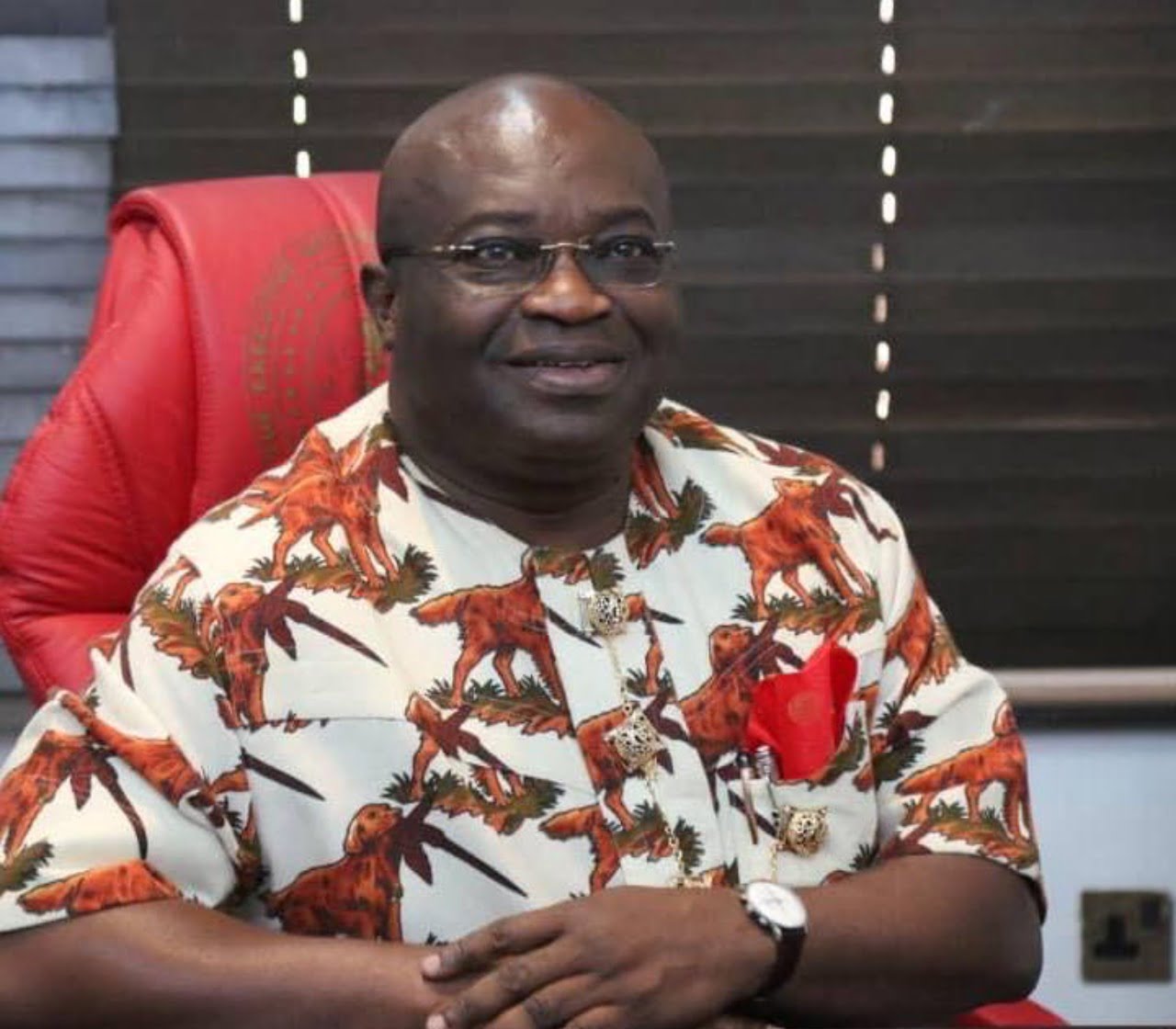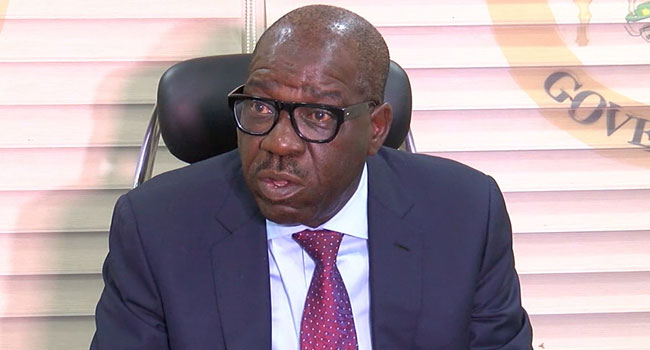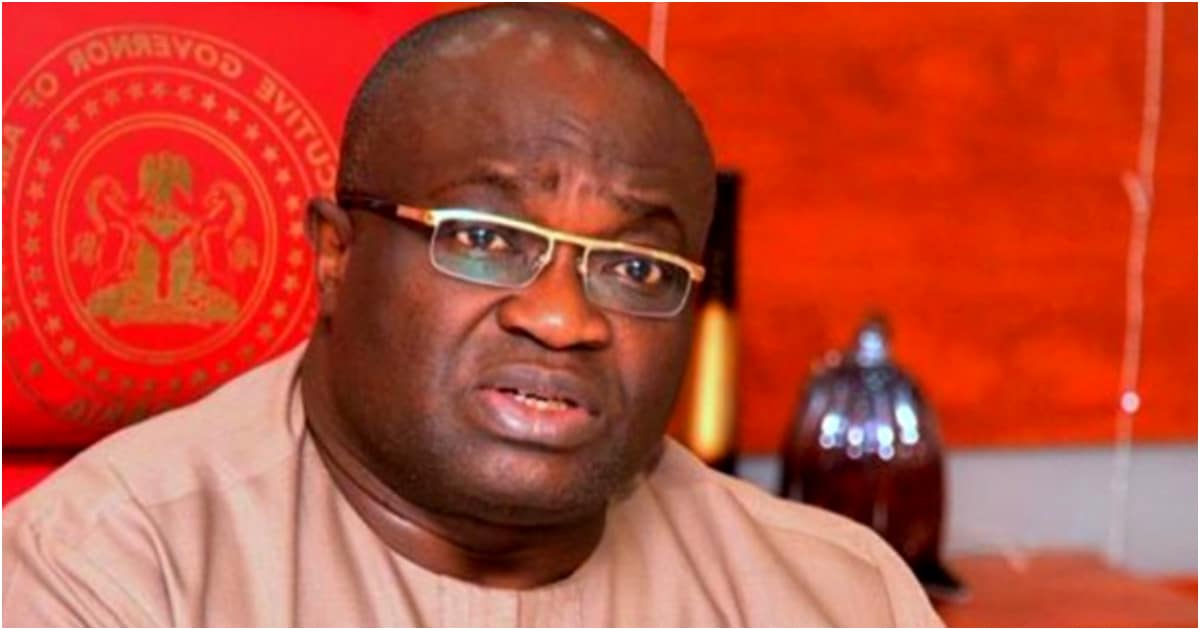In the wake of fuel subsidy removal by the newly sworn-in president Bola Ahmed Tinubu, fuel prices have increased astronomically, leading to a rise in the prices of goods and services and the overall cost of living in the country. Hence, Governor Godwin Obaseki of Edo State announced on Tuesday that civil and public servants would have to commute to their workplaces from five days to three days a week in order to reduce expenses and hardship. Governor Obaseki in a statement made available to newsmen in Benin, said the measure was part of efforts to ease the sufferings currently faced by the people occasioned by the fuel subsidy removal. He said “The Edo State Government shares the pains of our people and wants to assure everyone that we are standing with them in these very challenging times. “We want to reassure our people that we will do all within our powers as a sub-national government to reduce the pains and ameliorate the sufferings our people are currently facing due to the current realities. “As a proactive government, we have since taken the step to increase the minimum wage paid to workers in Edo State from the approved N30,000 to N40,000. “We hope to increase it even further if more allocation accrues to our state from the Federal Government in view of the expected savings from the removal of the fuel subsidy,” the governor said. According to him, we know the hardship caused by this policy which has increased the cost of transportation, eating deep into the wages of workers in the state. “Therefore, the Edo State Government is hereby reducing the number of work days that civil and public servants will have to commute to their workplaces from five days to three days a week till further notice. “Workers will now work from home two days every week. “Similarly, for teachers and parents, their commuting to school will be reduced as the government is working on deepening the [email protected] initiative. “To create more virtual classrooms, thereby, reducing the cost of commuting on parents, teachers and pupils. “The Edo SUBEB will provide details on this initiative in the coming days,” Obaseki said. He said that to lower the rising cost of energy on the people, the state government would continue to work with the electricity companies in the state to improve power supply to homes and businesses. “Similarly, fiber optics connections are being made available to help our people work remotely, thereby reducing their cost of transportation,” he said.
“I am not owing any core civil servant salary” – Gov Ikpeazu
The Governor of Abia State, Okezie Ikpeazu has denied claims that his government owes some civil servants their salaries in the State.

Recall that the Governor-elect of Abia State, Alex Otti, while addressing some issues disclosed that his opponent, Ikpeazu owed some civil servants salaries. However reacting to the comment of Alex Otti, Gov Okezie Ikpeazu during an interview with Channels TV said no “core civil servant” is being owed any salary, adding that those that have issues with salaries are working in parastatals. “I have 31,000 workers in Abia workforce and 29,000 of them are up to date as we speak in salary payment… Parastatals receive subvention. I don’t pay their salaries because they are revenue-generating agencies of government,” Ikpeazu said. “But I don’t run away from responsibility, the issue of pension has been there perennially for the past 24 years. I did as much as I could, this government since inception passed through two to three recessions. When I came, within three months of my administration, I paid eleven months’ arrears of salary. “Those eleven months were there while I was governor. So, if you take up the position of governor you have accepted to take over both liability and asset and I don’t like to complain. I didn’t have to talk about what my predecessors did not do because what gave me my job in the first place was that there were things they didn’t do. So, for somebody to come and make a sweeping statement that no salary is being paid is a lie, I am not owing any core civil servant salary,” he added. He further argued that those working in Parastatals were already paid by the government.


